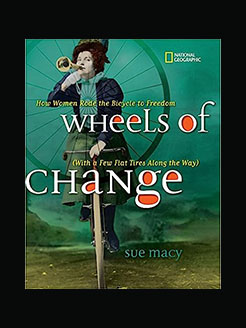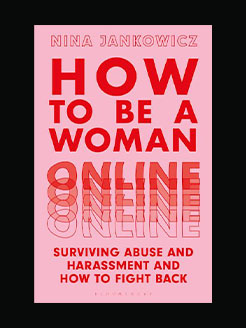Published in 1988 (first published 1985)
185 pages
Maria Mies is a German professor of sociology and author of several feminist books, including Indian Women and Patriarchy (1980), Patriarchy and Accumulation on a World Scale (1986), and (with Bennholdt-Thomsen and von Werlhof) Women: The Last Colony (1988). She is Professor of Sociology at the Cologne University of Applied Sciences, which is a Fachhochschule in Cologne, Germany. She worked for many years in India. In 1979 she established the Women and Development programme at the Institute of Social Studies in The Hague, Netherlands. She has been active in the women’s movement and in women’s studies since the late 1960s. She has published several books and many articles on feminist, ecological and developing-world issues.
What is this book about?
Studies of women and their work in the Third World.
In this exploration of women and work, Maria Mies follows up the success of her earlier book, Patriarchy and Accumulation on a World Scale. Her co-authors, like herself, are German feminist scholars who have specialized in researching the condition of women in Third World countries. They use their investigations and particular case studies in order to advance feminist theory’s understanding of women under capitalism. Women’s work, they suggest, is still a blind spot in political economy. Historical modes of production cannot be fully understood without explicit attention to the sexual division of labor, and it’s common features throughout history need to be explored. Similarly, understanding the history of Third World societies’ incorporation into a European-dominated global capitalist economy requires a specific focus on its impact on women. The authors pursue these general perspectives in a series of essays on particular countries in Asia and Latin America. They examine how capitalism’s penetration of rural societies undermines women’s position in particular, may reduce their life expectancy (as in India), and imposes on them the double load of housewife and peasant. Even where women have been organized in labor unions or co-operative forms of production, their special burden of patriarchal oppression and economic exploitation often persists. The authors also show how Third World women are not just passive victims being integrated into the world economy, but have developed very creative forms of resistance.







